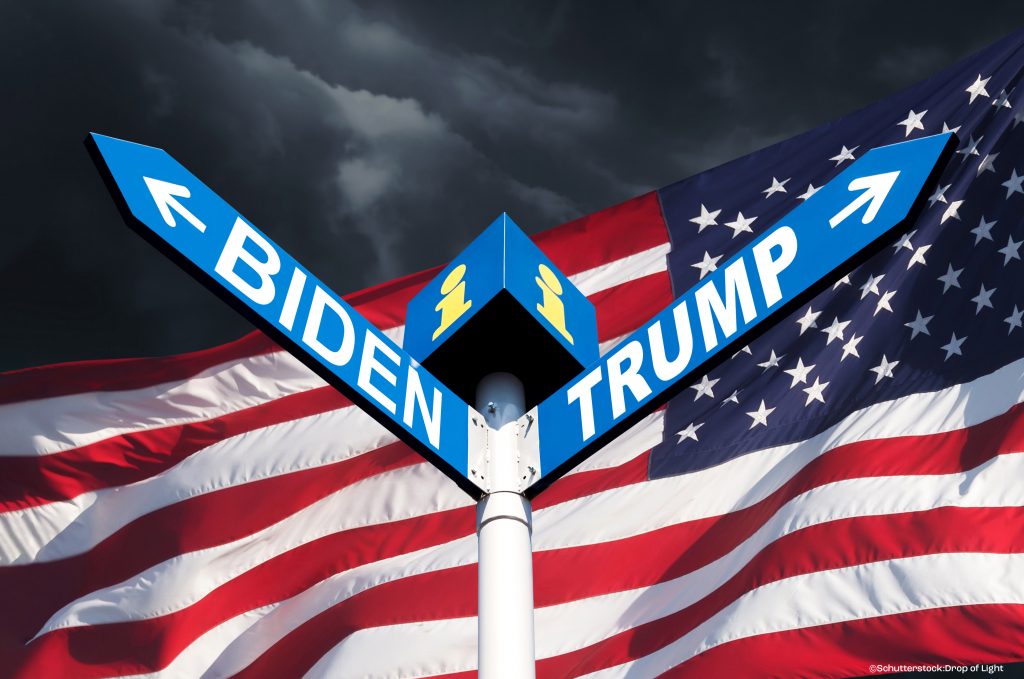
As the new Biden administration seeks to re-engage with the global community and revisit US Middle East policies, including the Iran nuclear deal, in the new polarised and multipolar Middle East regional powers have stepped up their presence and fault lines have deepened. The regional cold war between Iran and its Arab rivals rages along with a recently solved intra-Gulf dispute and proxy conflicts that have reshaped the region’s map.
On 14 December the Middle East Directions Programme hosted Randa Slim, Dalia Kaye and Clément Therme (see more details here). Moderated by Luigi Narbone and Abdolrasool Divsallar, the event assessed the challenges and opportunities facing the new administration in reversing Trump’s destabilising policies in the region. This is a brief synopsis of the discussion at the event which explored the emerging regional order and analysed the opportunities, and challenges involved, for saving the Iran nuclear deal and possibly negotiating a new deal that can contain the region’s arms race. It also evaluated how transformative the Abraham accords will be to the region’s security alliances and concluded by offering recommendations on incentives that can be used to promote dialogue and rebuild trust.
[…]



